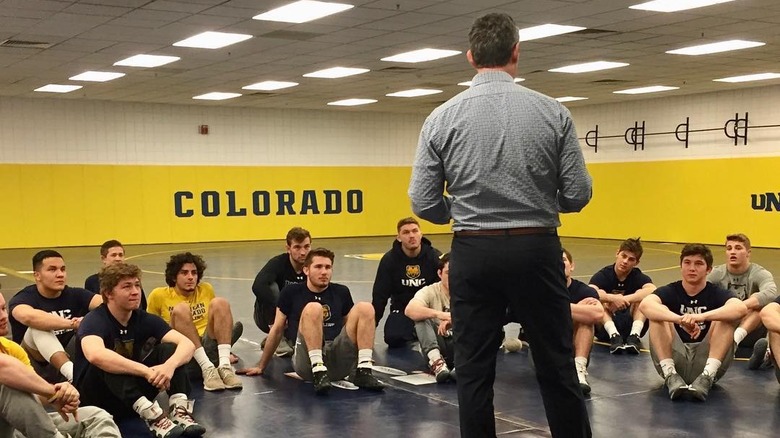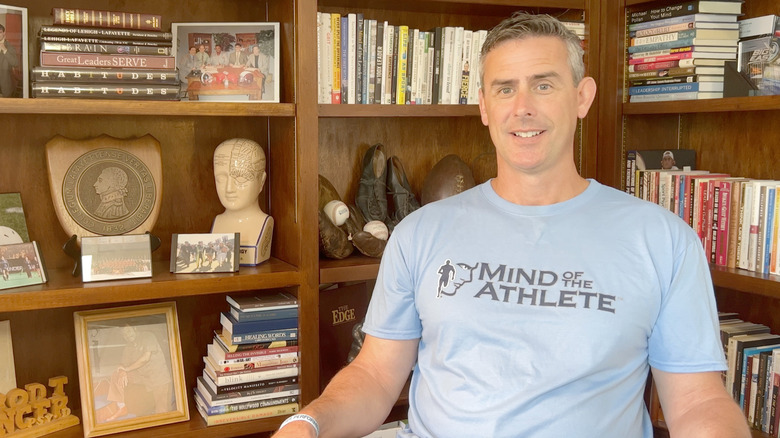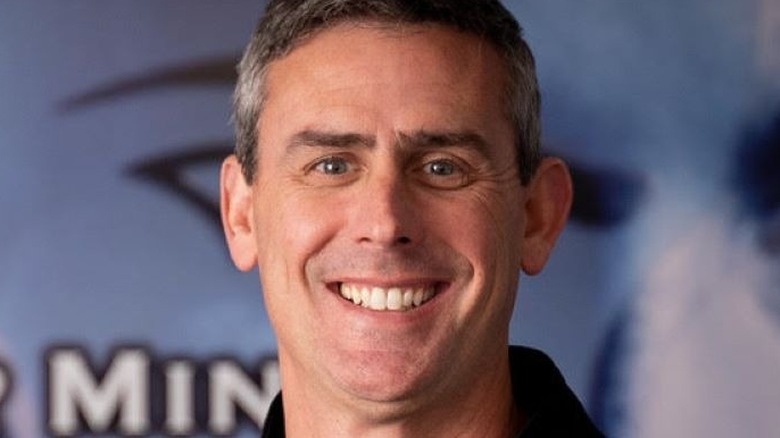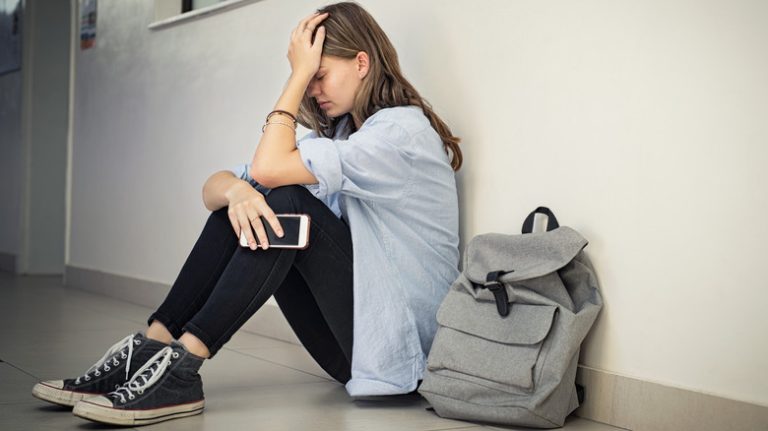This article contains discussions of mental health struggles.
Sports psychologist Dr. Jarrod Spencer envisions a world in which the mental health of elite athletes is just as important as their physical health. In his work with professional sports teams, elite athletes, and top young prospects, Spencer has seen firsthand how much an athlete’s mental health impacts their performance and their physical health. He’s also seen what happens when athletes aren’t given the time, space, or skills to take care of their mental health.
In an upcoming documentary entitled “I’m Fine, (Not) Really,” Dr. Spencer joins several other mental health experts to discuss the importance of focusing on elite athletes’ minds as well as their bodies. The documentary also includes revealing interviews with athletes like Jackie Joyner-Kersee, Michael Johnson, and Gabbi Cunningham, who share about the mental and emotional struggles they’ve faced during their careers.
Ahead of the documentary’s premiere, Dr. Spencer spoke with Health Digest about the physical, emotional, and sometimes permanent consequences of neglecting the mental health of elite athletes.
If you or someone you know is struggling with mental health, please contact the Crisis Text Line by texting HOME to 741741, call the National Alliance on Mental Illness helpline at 1-800-950-NAMI (6264), or visit the National Institute of Mental Health website.
‘Stress manifests itself in physical symptoms’

Dr. Spencer revealed that when athletes are struggling with their mental health, their physical health is impacted in multiple, crucial ways. For example, athletes who struggle with anxiety and depression often have trouble sleeping. When athletes are chronically sleep deprived, their performance will suffer, Spencer explained.
He went on to say that there’s a proven connection between sleep deprivation and injury. Athletes who are struggling with sleep because of anxiety, depression, or even just stress are more likely to injure themselves while training, which could have a significant impact on their career. Spencer also pointed out that mental and emotional stress, which elite athletes deal with all the time, will eventually result in other physical symptoms if it isn’t properly handled.
When athletes don’t have healthy coping mechanisms and aren’t given enough downtime or support to process their stress, anxiety, and depression, they can’t compete safely or effectively.
Dire consequences

Though serious, injuries and physical manifestations of stress aren’t the most serious way that mental health issues impact elite athletes. When athletes don’t get the support they need while struggling with depression, anxiety, and stress, they may begin to feel like there’s no solution. This can lead to dire consequences.
“At it’s worse, it’s suicide,” Dr. Spencer explained. “When an individual takes their life it’s not… Nobody wants to die, but they just don’t want to feel the way that they’re feeling, and they’ve lost hope that it’s going to change, that they’re going to get out of that feeling.”
He said the key to preventing this heartbreaking outcome is to ensure that athletes struggling with their mental health know that they’re not alone and that there is a solution.
“If we understand that there’s help, there’s somebody out there like me, there’s some resource I could point to. If there’s help out there now there’s hope.”
Dr. Spencer stressed that projects like “I’m Fine, (Not) Really” are essential to spreading the message that many athletes struggle with their mental health and that it truly is okay to not be okay.
Find your local station listings and airtimes for “I’m Fine, (Not) Really” at imfinenotreally.com. You can also visit mondocares.com to keep up with current initiatives, and follow them on Instagram at @MondoSportUSA and @MondoCares, and on Twitter at @mondocares.




